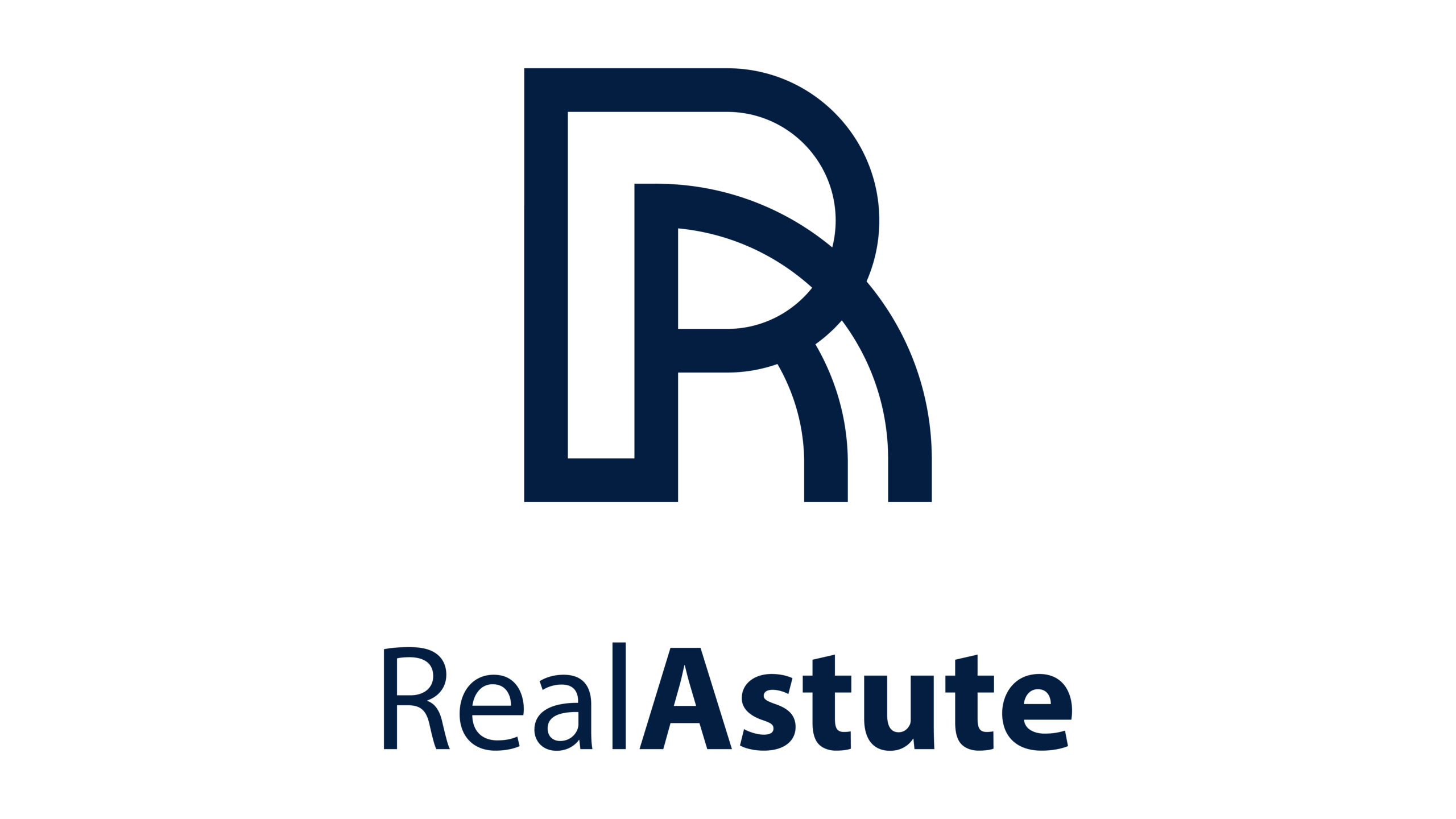Why are entrepreneurs so darned happy?
Kevin Shirley, Associate Broker (DC), GRI, e-PRO, ASP
We have all had those moments where time is suspended. Athletes describe them as being “in the zone.” It’s something close to perfect euphoria. If this feeling is “happiness,” we ought to aim to take part in actions — both personally and professionally — which leverage and improve it. Interestingly, when we consider why we’re entrepreneurs and what makes us happy, there are differences. Conventional wisdom is that earning more money will raise our level of satisfaction. In truth, though, data indicate that income of $75,000 is the point of diminishing returns.
It stands to reason that that being “in the zone” can make us happy. Money can, indeed, provide short-term experiences of happiness, but it cannot offer long-term gratification. To keep the elation of money alive is to continually upgrade the quality of material goods that our money represents. We must add a second home to our first. Cars must turn into boats and then airplanes, and so on. With time, these material goods may have diminishing returns as well.
If money doesn’t make us happy, what about popularity? We obsess over actors. Gossip magazines and blogs are everywhere. With the rise of social networks, we always know precisely what the famous are doing. We see lavish lifestyles and get the impression that being famous must bring happiness. This starts a domino effect, and fairly soon, we are actively pursuing notoriety and attention of our own. Sadly, neither will celebrity bring joy. As a profession, actors have enormous difficulty in achieving satisfaction. This is why it’s common to see the famous involved with drugs and contending with depression. (Did you catch the recent Britney Spears documentary?)
If fame and money aren’t good enough reasons to become an entrepreneur, what will be then? The answer just could be in personal relationships and self-growth. As in sports, we can experience “in the zone” moments as entrepreneurs. The activity we’re taking part in — writing offers for clients, guiding them through obstacles, solving problems — is challenging and measurable. This is happiness through action and self-growth. We enjoy these moments as entrepreneurs because we are improving ourselves through challenging, personally meaningful activities.
To attain maximum satisfaction, we want new and thrilling challenges that we have the capacity to solve. Think about a card game. The most interesting situation is when our opponent is close to our skill level or slightly better. Too challenging or too simple, and we get bored. And while money itself may not make us happy, it can help us reach more of these in-the-zone moments. When your business makes more money, you get new, satisfying challenges to solve.
The second reason entrepreneurship brings us happiness is through the relationships we develop along the way, with clients and other professionals. These human connections have become less common as technology has enabled us to concentrate on relationships less. In contrast to 50 or 100 years ago, today we can work and function without needing much human interaction. Although this is convenient, we run the risk of never forging strong bonds with others.
Therefore, it’s in our best interest as entrepreneurs to work with individuals to develop strong ties. It’s not your team’s ability that will make you happy; it’s the challenges that you overcome together. Working in the trenches with the people you trust generates happiness. The continuous obstacles you overcome and learn from create those in-the-zone moments. And the journey to build a business with individuals who look out for one another gives us happiness as entrepreneurs.
As small business owners, we’ll always have more to discover and new challenges to conquer. That, by itself, can afford opportunities for happiness. We’ll continue to be in a position to enhance the relationships within our business. Unlike money and popularity, our businesses do not experience diminishing returns. Eternal happiness comes from the bonds we design and the development we undergo. And these parts of life are inestimable.










